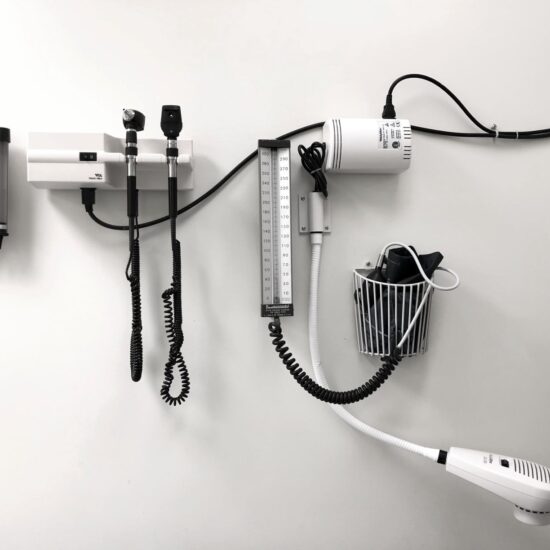
As our population lives longer with more chronic conditions, an an estimated two to three million end up homebound, unable to leave their homes to receive primary care in a physician’s office. It means they often go without care or end up in crisis in the emergency department, driving up costs and further affecting their quality of life.
There are programs and services that deliver quality home-based care, but they face looming cuts in reimbursement, or even outright elimination, thanks to the Senate’s health care bill. It would slash Medicaid by $700 to 800 million. A shortage of primary care physicians further strains efforts to deliver high-quality home-based care.
Nurse practitioners can help meet these challenges, said Denis Tarrant, NP, who runs a primary care house calls practice in New York City. He thinks the proposed health legislation will only make it harder and harder to serve his patients and others like them around the U.S.
“We don’t have the ability to meet the primary care demand without nurse practitioners,” Tarrant said in a phone interview. He’s right — nurse practitioners are becoming an increasingly a more viable option around the country to make up for the shortfall of primary care MDs. Research from Kaiser Family Foundation, the Robert Wood Johnson Foundation, and elsewhere confirm that independently practicing NPs play a key role in solving the primary care shortage.
The Senate’s proposed cuts to Medicaid threaten not just primary care delivery but also home and community-based care for our nation’s most vulnerable, and medically-needy older adults. The only place left to pick up the slack is the emergency department, Tarrant said.
The Senate is still scrambling for the necessary votes to pass legislation that will adversely affect tens of millions of people. Meanwhile, patients and families, along with those who care for them, remain in limbo.
You can listen to the full interview with Denis Tarrant below or subscribe to the podcast on iTunes.
Podcast: Play in new window | Download (Duration: 22:47 — 31.3MB)
Subscribe: RSS








